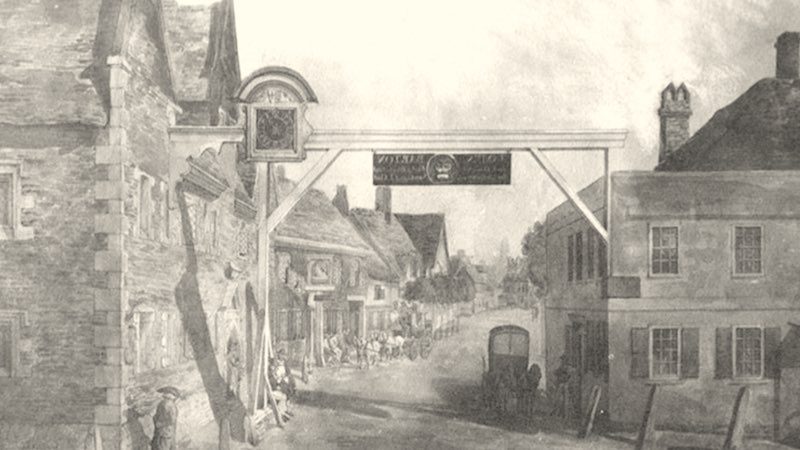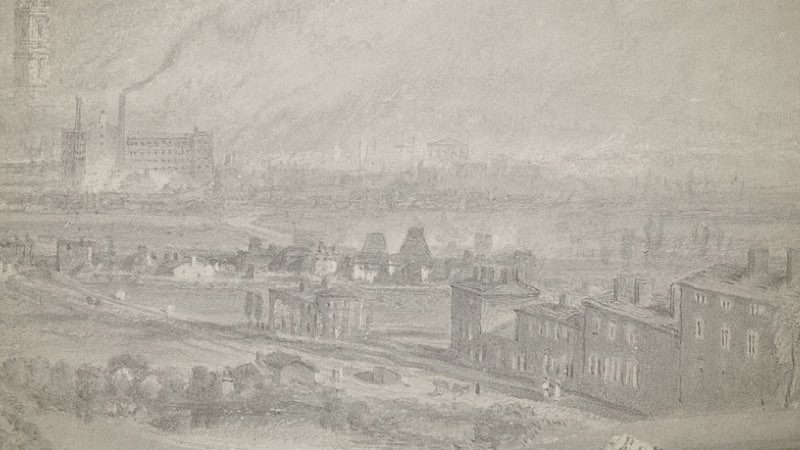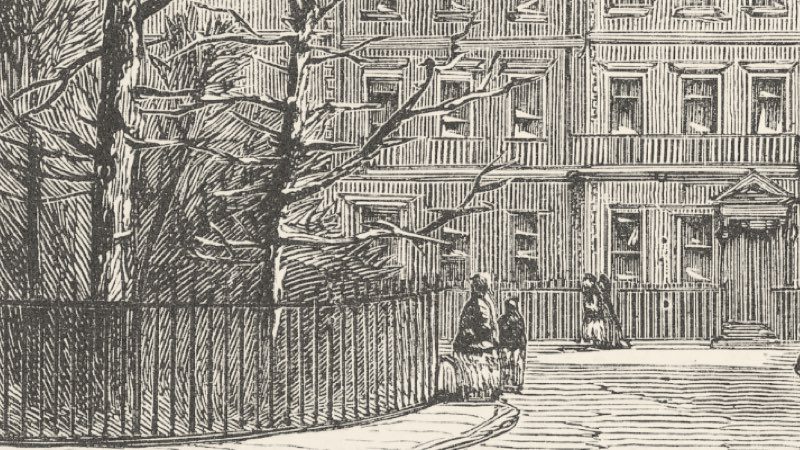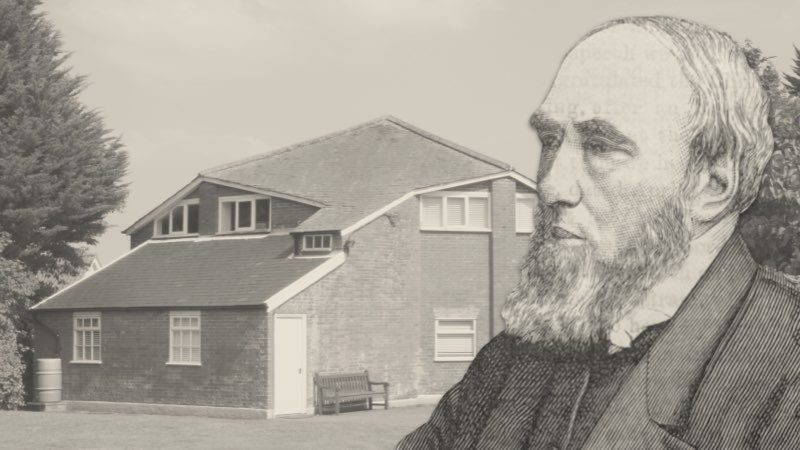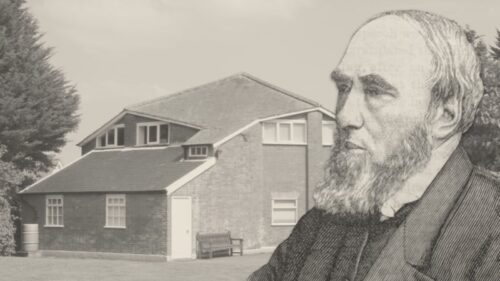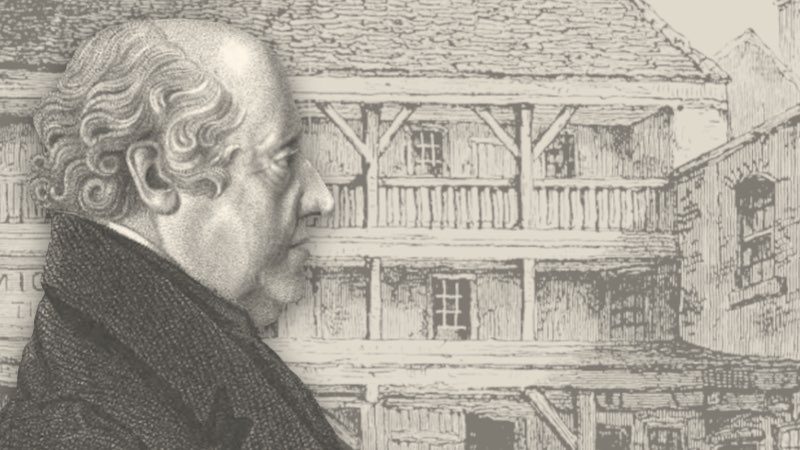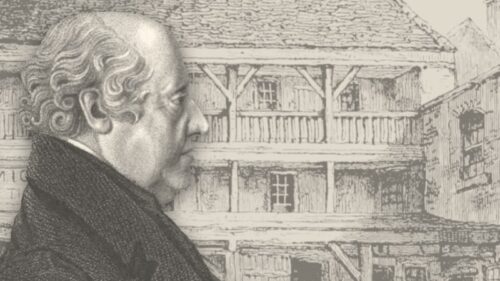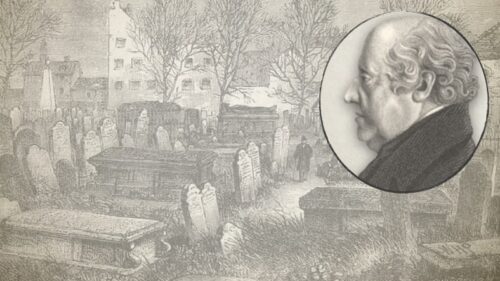-
The Life And Ministry Of Thomas Davies
The name of Thomas Davies is not so well-known today, as in years past. This may be accounted for by his advanced age, and by his retiring disposition. Although he sought to serve his Master, he never intruded himself upon any Church, but was sought after, even to within a short time preceding his death. The causes of truth he served latterly were Old Brentford, Hornsey Rise, Holloway, &c., where his labors were much appreciated. A brief account of his life will, we believe, prove interesting to our readers.
-
The Life And Ministry Of Joseph Perry
My father and mother, according to the information I have had, lived in the Strand, at London, where I and my two sisters were born. I heard that I had another brother, but he died in infancy. My father was, as I understood, by trade a whitesmith, and being a good workman, he had a good place of business under King Charles II. He was by profession a Roman Catholic; so was my mother, grandfather, and grandmother, both on father and mother's side, with others of my relations, all of them deeply dyed in the profession of Papistry. We were all born and bred up in that religion. My father died in the prime of his life; he left us small, and I, being the…
-
The Life And Ministry Of John Boorne
I was born on the 7th of October, 1838. My parents, who were godly people, sought the spiritual welfare of their children, training them in the nurture and admonition of the Lord. I heard the truth at home and in the house of God, which gave me in early days a reverence for God's Name, His Word, and His ways. Like Timothy, from a child I knew the Holy Scriptures. I was thus kept from the grosser acts of sin, feeling within me an abhorrence of many evils in which other youths delighted. As an instance of God's preserving care over my life, when about eleven years of age, I was sent on an errand which took me by the River Ravensbourne: walking incautiously along…
-
The Life And Death Of William Brown
Mr. W. Brown, the oldest of our Suffolk ministers, was called home on Saturday evening, June 9th, at the ripe age of 82, and was buried in the ground of the meeting-house on the following Saturday in the presence of a concourse of fellow-members, friends and others, from far and near, for he was greatly respected and valued. The funeral service was conducted by Mr. S. K. Bland and Mr. W. Large, of Sudbourne,—Mr. Harsant, of Peckham (formerly a member at Friston) engaging in prayer. Mr. Bland preached the funeral sermon on the following day—the quaint old six-sided chapel being packed to excess and overflowing. His text was Job 5:26, "Thou shalt come to thy grave at a full age, like as a shock of…
-
The Life And Ministry Of William Brown
Mr. William Brown, Pastor of the Strict Baptist Church at Friston, Suffolk, is well known and highly respected as a faithful brother in Christ by friends accustomed to visit the annual Meetings of the Suffolk and Norfolk Strict Baptist Association. We should suppose that he has attended more Association anniversaries than any other living person, as he is its oldest minister. When the Association met at Rattlesden, fifty-five years ago, a “Mr. Brown” is named in the annual report of Churches of that period as preaching at Bardwell. We have no doubt he was our now venerable brother.
-
William Button: The Other Successor Of John Gill
The meeting-house in this street, which is on the south side of Tooley Street, was erected in the year 1774, for the people who separated from the church, which had been lately under the care of Dr. Gill, upon the choice of Dr. Rippon to succeed that eminent minister. They met for a short time in the meeting house in Maze Pond, until they were formed into a new church, January 13, 1774. The ministers engaged on that occasion were Dr. S. Stennett, Mr. Benjamin Wallin, and Mr. (now Dr.) Rippon. The sermon preached by Mr. Wallin was published, entitled, “The Church an Habitation of God through the Spirit.” To this is prefixed the introductory discourse by Dr. Stennett. It thus commences: "As separation has…

